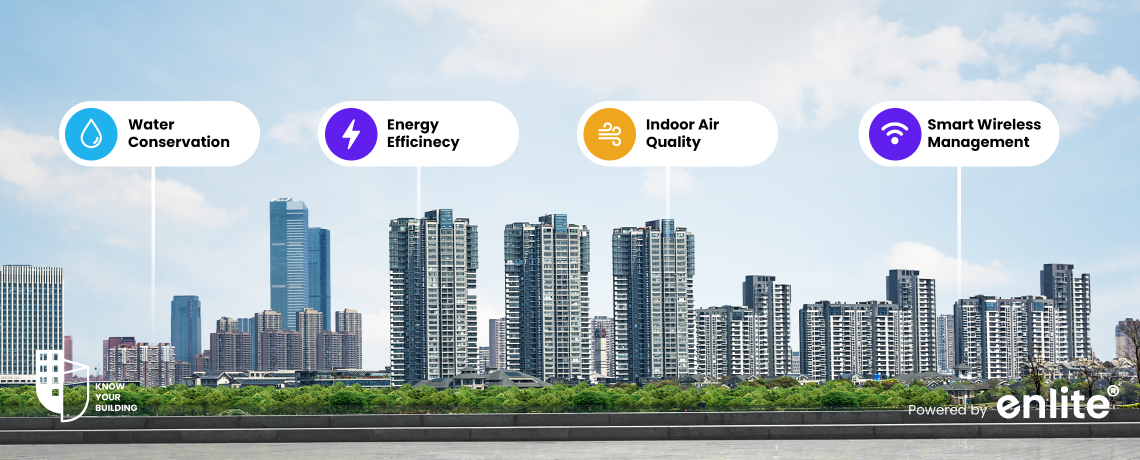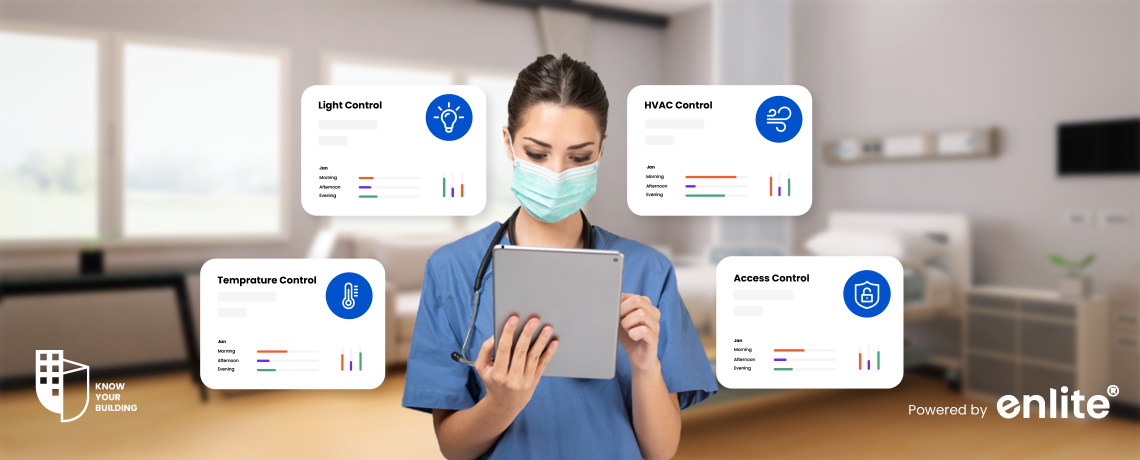Introduction
Hotels are known for providing top-notch customer service and hospitality to guests. However, providing exceptional guest experiences requires more than just friendly staff and luxurious amenities. Hotels must also operate efficiently and effectively behind the scenes. This is where Building Management Systems (BMS) come in. By automating and optimizing the hotel’s equipment, BMS can help hotels reduce energy consumption, increase operational efficiency, and improve guest comfort. In this blog, we will explore how BMSs are revolutionizing hotel operations by providing a comprehensive solution to manage and monitor hotel infrastructure. We will also discuss the benefits of using BMS in hotels, and address the challenges that may arise when implementing BMS in hotels.
What are Building Management Systems?
Building Management Systems (BMS) are essential tools for efficient building operations. These computer-based systems manage and monitor a building’s mechanical and electrical equipment, including heating, ventilation, and air conditioning (HVAC), lighting, and security systems. They can also monitor and control energy consumption and environmental conditions within a building. With the ability to automate and optimize building systems, BMS can help reduce energy costs, improve operational efficiency, and enhance occupant comfort. Overall, BMS offer a comprehensive solution for managing and monitoring building infrastructure, making them a valuable asset in many industries, including hotels.
How Building Management Systems Work
BMS works by collecting data from various sensors placed throughout a building. These sensors monitor different parameters such as temperature, humidity, occupancy, and light levels and send this information to the controllers. The controllers then use this information to make decisions about how to control the equipment in the building to optimize its performance. For example, if a room is too warm, the BMS can adjust the HVAC system to cool the room down to the desired temperature. The BMS can also adjust the lighting based on occupancy or the time of day to save energy.
BMS controllers can be programmed with different algorithms to optimize the building’s performance for different scenarios, such as occupancy patterns or weather conditions. They can also be set up to respond to alarms and alerts, such as a malfunctioning piece of equipment or a sensor reading outside of normal parameters.
The user interface is an essential component of the BMS, as it allows building managers to monitor and control the system. The interface can be customized to display data in a way that is meaningful to the user, such as displaying real-time data on energy consumption or the status of equipment throughout the building. Building managers can use the interface to adjust settings or schedule maintenance activities to ensure that the equipment is operating efficiently.
In summary, Building Management Systems work by collecting data from sensors, using controllers to make decisions about how to control the equipment in the building, and providing a user interface for building managers to monitor and control the system. With BMS, building operations can be optimized for energy efficiency, occupant comfort, and operational efficiency.
Benefits of Building Management Systems for Hotels
Enhanced Security: BMS can be used to monitor and control security systems such as access control. This can improve the safety and security of guests and staff, as well as prevent theft and damage to hotel property.
Data Analysis: BMS can provide valuable data on energy consumption, equipment performance, and occupancy patterns, allowing hotel managers to make data-driven decisions about energy management, equipment maintenance, and staffing.
Compliance: BMS can help hotels comply with regulations and industry standards related to energy efficiency and environmental sustainability. This can also improve the hotel’s reputation and brand image among environmentally conscious consumers.
BMS can help hotels operate more efficiently, reduce costs, and provide better guest experiences. By automating routine tasks, optimizing energy consumption, and providing valuable data insights, BMS can be a valuable asset for hotels looking to improve their operations and bottom line.
Challenges of Implementing Building Management Systems in Hotels
Integrating BMS with a hotel’s property management system can be a complex task, as it requires coordination between different departments such as IT, engineering, and operations. This coordination can be difficult, especially in larger hotels with multiple buildings or locations. Integration issues can result in data transfer errors, equipment malfunctions, and a lack of efficiency in building operations.
Another challenge is ensuring that the BMS is user-friendly and easy to use for hotel staff. The BMS must be designed with an intuitive user interface that is accessible to all staff members, regardless of their technical background. Additionally, staff training on how to use the BMS must be comprehensive, ongoing, and accessible.
There may be resistance from staff who are used to doing things manually, and who may be reluctant to adopt new technology. This resistance can lead to a lack of buy-in and adoption of the BMS, which can result in missed opportunities for energy savings, efficiency gains, and cost reduction. To address this issue, it is important to involve staff in the planning and implementation process and to communicate the benefits of the BMS clearly.
Cost is another challenge that hotels face when implementing BMS. BMS requires an initial investment in hardware and software, as well as ongoing maintenance costs. While BMS can provide significant cost savings in the long term, hotels may be hesitant to invest in the system due to budget constraints.
There may be regulatory and compliance challenges when implementing BMS in hotels. Depending on the location of the hotel, there may be local or state regulations related to building energy efficiency or environmental sustainability. Compliance with these regulations may require additional investment in the BMS, as well as ongoing monitoring and reporting of energy consumption and environmental performance.














